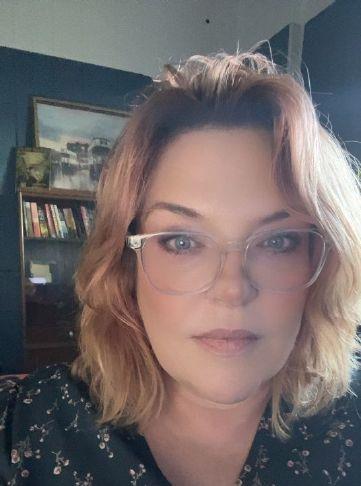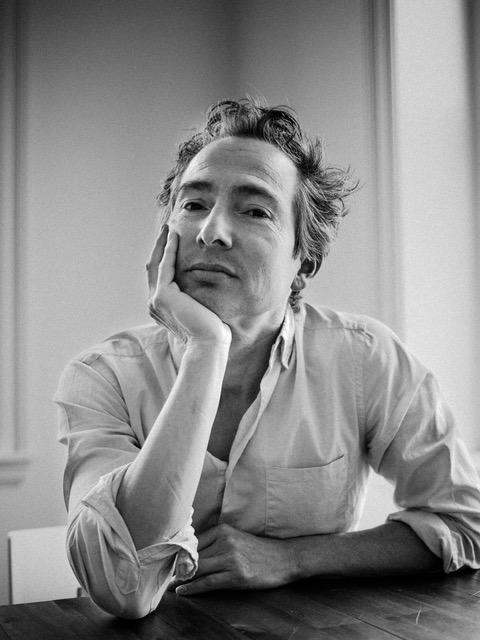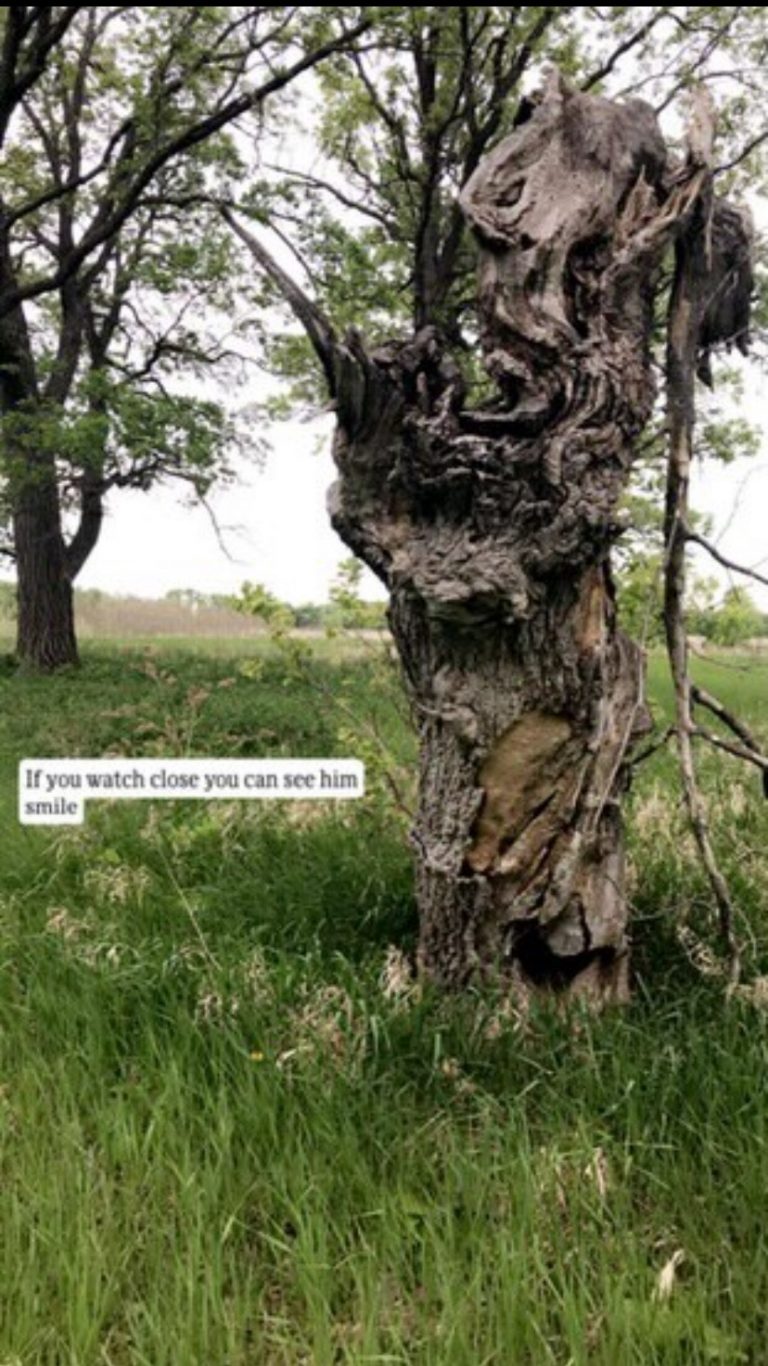Lisa Rakow-Drafall
When I was pregnant with my son, who is now 22 years and a few days, my cat jumped on my lap, and I began to cry. This precious life was about to come into this world, and I loved this cat so much. I loved that cat maybe more than anything. I worried, given my orphan backstory, if I would be able to be a loving mother, because it was something I had never experienced. Then, a few weeks after his birth I realized I hadn’t seen the cat in a while, and his father let me know that the cat had been hit by a car. As much as I loved that cat, I was unmoved, because that love was so small, so tiny, compared to the love I had when I first held my son in my arms.
I had to learn to be a mother. People in healthy families, that can feel like muscle memory. It was what you saw, so it was what you did. I, however, was raised by 60 feral cats closed up tight in a warm and smelly home; kept warm by the kinetic energy of the cockroaches procreating in the walls. To be the mom my children deserved I took two semesters of early childhood education, I read books, I studied developmental psychology and only consumed peer reviewed studies with relevant sample sizes to determine what was best.
That part is easy. What surprised me was how much I’d have to unlearn, especially when it came to communication. There was this amazing being who needed my love and guidance, I wanted nothing more than to do it perfectly, while knowing that is an impossible feat, at least according to the research. During this time, I began to practice non-violent communication, or NVC, and through the years I have succeeded and failed in this endless learning process, but it has changed the way I see the world. It has made me feel, at times, like my ability to have compassion is almost endless…as long as I don’t lose myself in empathy.
What I didn’t expect was how much this practice would reshape not just my conversations but my sense of self. Non-violent communication is more than a technique; it’s a mindset. It’s about how you approach the world, how you make space for others, and how you choose to show up. At its heart, it’s an act of kindness—not the surface-level kind, but the deep, radical kind that cuts through ego and misunderstanding to bring clarity and connection. What do I feel? What do I need? What would I like to request? What do they feel? What do they need? What are they trying to request?
In moments of tension or conflict, we often find ourselves reacting, snapping back, defending, shutting down. But what if we didn’t? What if we paused? What if we spoke not to win the argument, but to understand the other person? What if our words weren’t weapons but bridges?
One of the most transformative lessons I’ve learned through NVC is that when I speak with kindness and clarity, I don’t have to take others’ reactions personally. This isn’t about being indifferent; it’s about recognizing that when someone lashes out or misunderstands me, it’s often a reflection of their own struggles, not mine. People project intentions onto us all the time, intentions we don’t possess and didn’t communicate.
For years, I carried those projections as if they were my own burden. If someone was upset, I assumed it was my fault. If they misunderstood me, I scrambled to fix it. But NVC taught me to pause and trust myself. When I know my words were spoken with care, I don’t have to react to someone else’s pain as though it’s an accusation. Instead, I can see their reaction for what it is: a story they’re telling themselves, shaped by their own fears and needs. The hardest part is putting aside your own reactions to their behavior and not letting those feelings of defensiveness cause us to react, instead of act.
This doesn’t mean I ignore conflict or pretend it doesn’t hurt. It means I’ve learned to hold space for both me and others, to let the clutter of ego and misunderstanding fall away so the genuine issues, and real solutions, can come to light. Practicing non-violent communication has also taught me to stop reacting to others and focus instead on doing the next right thing. It’s a simple question, but it has changed everything for me: What is the next right thing to do?
This question pulls me out of the chaos of the moment and brings me back to what matters. Instead of reacting defensively or emotionally, I can step back and consider my values, my intentions, and what will truly help the situation. It’s not always easy to answer. Sometimes the next right thing feels counterintuitive; like apologizing when I don’t want to or staying quiet when I desperately want to speak. But I seldom regret the choice when it was thoughtful because thinking can be corrected, actions and words have consequences.
And when I don’t know the answer, I’ve learned to think from hope, not fear. Fear tells us to defend ourselves, to retreat, to avoid. Hope invites us to believe in the possibility of something better. It’s the quiet, steady belief that understanding is worth pursuing, even when it’s hard. Acting from hope instead of fear has transformed how I navigate not only my relationships but my own inner world.
This practice isn’t just personal, it’s something we all need, now more than ever. The way we speak to each other shapes everything: our families, our workplaces, our communities. But too often, we speak to win. We argue to be right. We respond to defend. We’re so caught up in proving ourselves that we forget to connect.
Imagine what might happen if we chose differently. What if, every day, we tried to speak just a little kindlier? What if we paused before reacting and asked ourselves: What does this person need? What do I need? What if we spoke to understand, not to win?
The beauty of non-violent communication is that it makes room for clarity and connection. It’s not about avoiding conflict, it’s about navigating it with empathy and intention. It’s about choosing words that bring people closer rather than pushing them apart.
I’ve seen this in my own family, in moments of tension could have led to distance but instead brought us closer. I’ve seen it in conversations where I chose to listen instead of interrupt, to understand instead of judge. I don’t do it all the time, but I practice endlessly. These moments aren’t always grand or dramatic; often, they’re small. But their impact ripples outward in ways I couldn’t have imagined.
The world doesn’t change all at once. It changes in small moments: a kind word here, a pause there. It changes when we choose to let go of our ego and meet someone where they are. It changes when we speak with the intention to understand, not to win. Every day, we have an opportunity to make that choice. To be a little kinder, a little clearer, a little more patient. It’s not about being perfect, it’s about practicing. Because how we talk to each other matters. It shapes our lives, our relationships, and the world we’re building together.
So, the next time you find yourself in a conversation that feels tense or difficult, ask yourself: What is the next right thing? And when you wonder what that might be, think from hope, not fear. Speak with the intention to understand, and you might just find that something beautiful unfolds. What if we all did this, just a little, every day? What if we spoke to understand and not to win?




